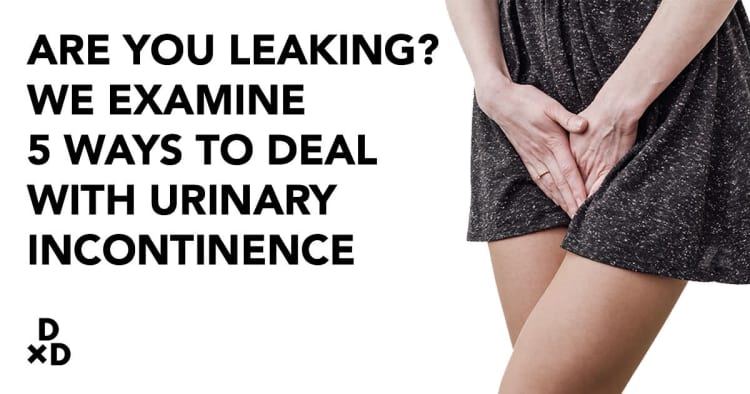If your dental implants have successfully osseointegrated (fused with the bone) and you have been receiving regular maintenance after completion of the prosthetic part of the implant treatment (placement of the implant-supported crowns or bridge), then there is no need to do anything special.
Tissue damage/death due to radiation
The main concern with radiation treatment in the head and neck region is potential damage to structures (bone, salivary glands, nerves, blood vessels) in the radiation field. Your radiation oncologist should be able to discuss this with you, as radiotherapy is customised for each individual.
Patients who have had radiotherapy to the jaws are at increased risk for a condition called osteoradionecrosis of the jaw. This results in non-healing and secondary infections of bony wounds (from new extractions or jaw surgery, such as implant placement or removal). This condition is painful and can take an extremely long time (months) for healing to occur. Unfortunately, this can happen even many years after radiotherapy has been completed.
What you should do after radiotherapy
Prevention of osteoradionecrosis is the best strategy and hinges on the maintenance of a healthy dentition (teeth and implants) so that you can prevent the need for extractions or revision of your implant surgery. Regular preventive maintenance visits with your dentist, excellent oral hygiene, limiting sugar/refined carbohydrate/fruit and juice consumption and avoiding the development of type II diabetes should be your priority before, during and after radiotherapy.
To manage the dry mouth and mucositis that often results from radiotherapy, you may need artificial saliva (Biotene) and oral hygiene products without aggressive surfactants and irritants (alcohol, menthol and other flavourants). Lack of saliva will dramatically increase your risk for developing aggressive tooth decay and gum disease, so specialised high fluoride antibacterial toothpaste and mouth rinses should be incorporated. These high fluoride products are often by prescription only. Brands to look into include Carifree and Duraphat (by Colgate).



